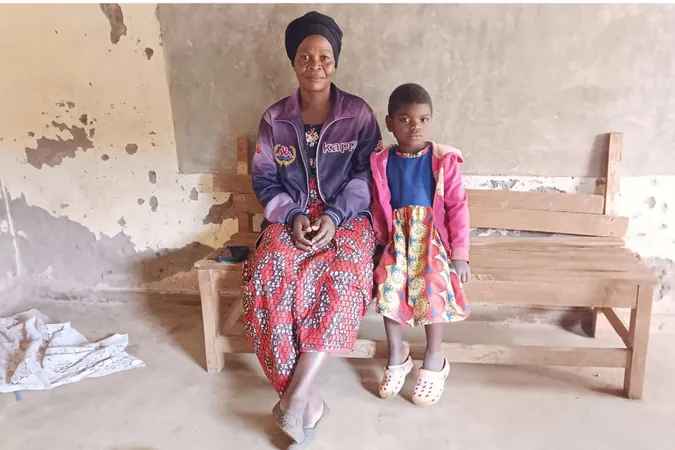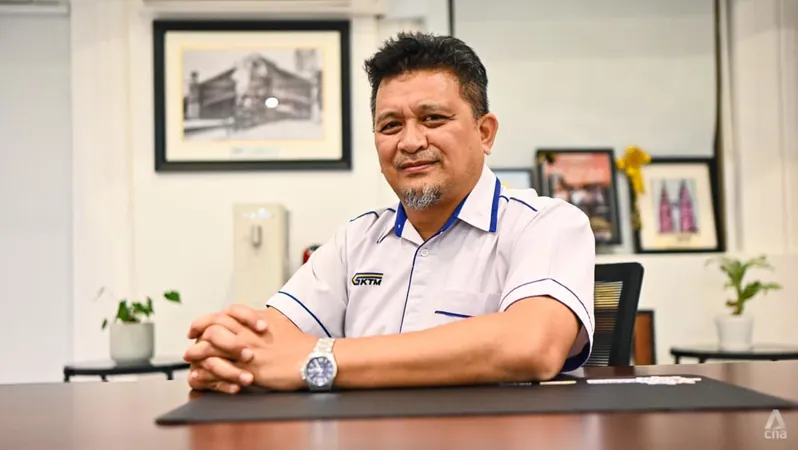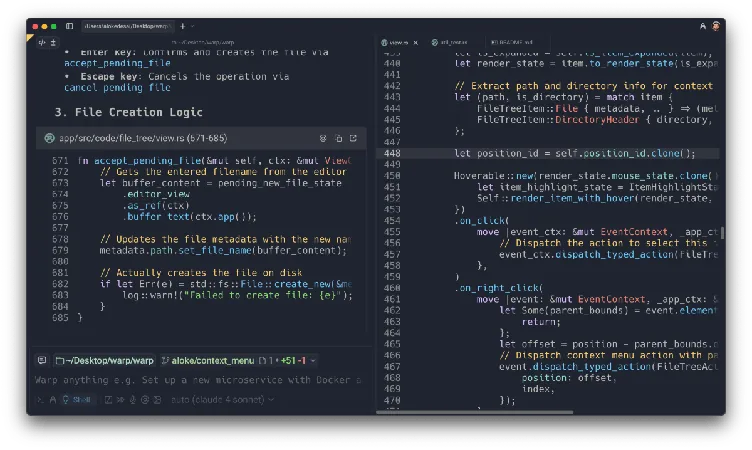
The Lasting Impact of Polio: Masamba's Journey from Illness to Resilience
2025-08-28
Author: Arjun
A Normal Little Girl, A Different Struggle
At first glance, Masamba is just like any other five-year-old. She giggles as her older brother attempts to braid her hair, exudes authority when playfully scolding her baby cousin, and delights in singing her own spontaneous tunes. But when she dashes outside in Lilongwe, her uneven steps reveal a heartbreaking truth: Masamba is fighting a battle that will shape her entire life.
A Wake-Up Call for Malawi and Beyond
Masamba's encounter with the paralyzing poliovirus was not just a local tragedy; it sent shockwaves through the global health community. Once the strongest in her family, her right leg now drags behind. As her grandmother, Hilda Makumba, observes, "She’s had to learn to do things differently." In February 2022, Masamba became the focal point of Malawi's first confirmed wild poliovirus case in thirty years. While most viewed it as a headline, for Masamba, it marked the start of a profound transformation.
An Unexpected Global Connection
The strain of poliovirus that infected Masamba was linked to one found nearly 6,000 kilometers away in Pakistan. This strain traversed continents and health systems, infecting a child who had never left her community. Initially, her symptoms seemed trivial: mild fever and stiffness led her family to believe it was a minor illness. But as her right leg weakened and she couldn't stand unsupported, the dreaded diagnosis of polio became a reality. Although the infection cleared within weeks, the neurological damage it caused was irreversible.
Adaptation and Recovery
Now, Masamba wears a brace to support her ankle and help with her balance. She is determinedly adapting, rediscovering ways to walk, climb, and dance. While the World Health Organization declared Malawi polio-free in May 2024, thanks to relentless vaccination efforts, the threat of this disease lingers worldwide.
A Cautionary Tale
Malawi's renewed polio-free status signifies a monumental achievement: no new cases for over a year and adequate vaccination coverage. Yet, the wild poliovirus continues circulating in countries like Pakistan and Afghanistan. Masamba’s experience serves as a reminder: as long as polio exists anywhere, it poses a risk everywhere. Joyce Beyamu, Surveillance Officer at Malawi's Vaccine Preventable Diseases Program, encapsulates the sentiment: "Any case of polio is one case too many. We must celebrate progress but stay alert."
The Road Ahead for Masamba and Malawi
Unfortunately, for Masamba, the vaccine arrived too late. Nevertheless, she benefited from supportive care and physiotherapy that helped restore some mobility. Her grandmother expresses hope: "She can play with her friends again, but she still can’t go to school. We need help." On a nation-wide scale, Malawi’s fight against polio has inadvertently bolstered the immunization system. The emergency campaign's command center has repaired over 270 vaccine refrigerators and trained more than 13,500 health workers. This strengthened framework proved effective, enabling the vaccination of 1.3 million children, surpassing the target in the Blantyre district alone. "The infrastructure we built is still in use today for other vaccines," says Wongan Mbale of the Blantyre District Health Office, emphasizing a silver lining amidst the struggle.





 Brasil (PT)
Brasil (PT)
 Canada (EN)
Canada (EN)
 Chile (ES)
Chile (ES)
 Česko (CS)
Česko (CS)
 대한민국 (KO)
대한민국 (KO)
 España (ES)
España (ES)
 France (FR)
France (FR)
 Hong Kong (EN)
Hong Kong (EN)
 Italia (IT)
Italia (IT)
 日本 (JA)
日本 (JA)
 Magyarország (HU)
Magyarország (HU)
 Norge (NO)
Norge (NO)
 Polska (PL)
Polska (PL)
 Schweiz (DE)
Schweiz (DE)
 Singapore (EN)
Singapore (EN)
 Sverige (SV)
Sverige (SV)
 Suomi (FI)
Suomi (FI)
 Türkiye (TR)
Türkiye (TR)
 الإمارات العربية المتحدة (AR)
الإمارات العربية المتحدة (AR)